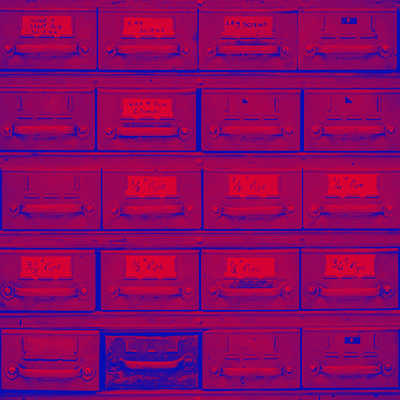Types of Google SERP results in 2020 and how to appear in them
Get to know all the functions and characteristics of the different types of Google SERP results and follow our recommendations if you want to appear in them.
- |
- Published on

Find out everything you need to know about structured data, the standardized format in which we tell Google about a page so it can rank its content.
Get to know all the functions and characteristics of the different types of Google SERP results and follow our recommendations if you want to appear in them.

Structured data allows us to mark content in an unambiguous way so that search engine robots are able to understand what type of entities make up each page. In this article we explain how to work on its implementation step by step.

Discover our 10 predictions on the challenges (as well as the opportunities) that SEO will face in 2020.

Learn how to avoid misuse of structured data and you won’t run the risk of being penalized by a manual review by Google.

The fact that there is structured data in schema.org that is equivalent or almost equivalent to HTML5 semantic tags, makes one suspect that this information may be important for Google’s spider (remember that schema.org is partly created by them).

Have you ever wondered how schema.org information is interpreted to create structured data? Did you know that you can create JSON-LD or microdata tailored to the data? Find out how it is done here.

Structured data consists of a series of tags that describe the content found on a web page. This data makes the robots’ job easier so that it is easier to know what to index and provides the kind of highly organized information that is usually found in most databases.

Yesterday I had the opportunity to participate with Anton Shulke, Cristian Sepúlveda, Gianluca Fiorelli and Aleyda Solís in a question and answer session to which Juan Felipe Rincón, from Google, kindly submitted himself. This was the first live Q&A Hangout in Spanish, organized by WebPromo.expert, at the initiative of Cristian Sepúlveda, from Rank Tools. The […]

Microdata has become very popular today mainly because Google uses it to create rich snippets in its search results. These rich snippets increase the number of clicks due to their visual impact on Google results, leading to an increase in traffic. There is a long list of all the microdata defined by search engines that […]

Google defines snippets as lines of text that appear below each search result and are intended to inform users about the content of the page and to show them why it is relevant to their query. Advantages of enriched fragments If Google understands the content of the pages, we can create rich snippets with detailed […]
